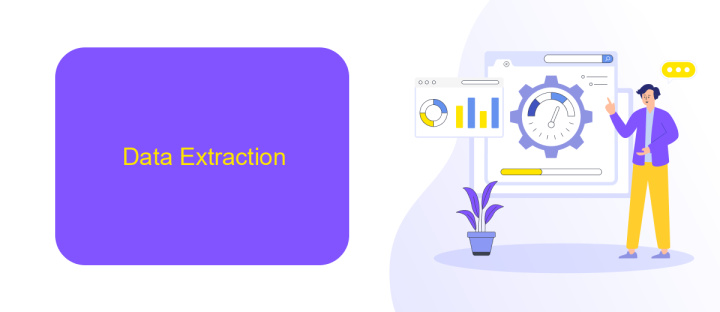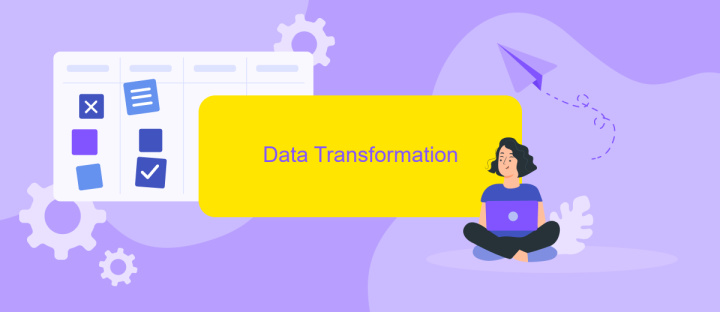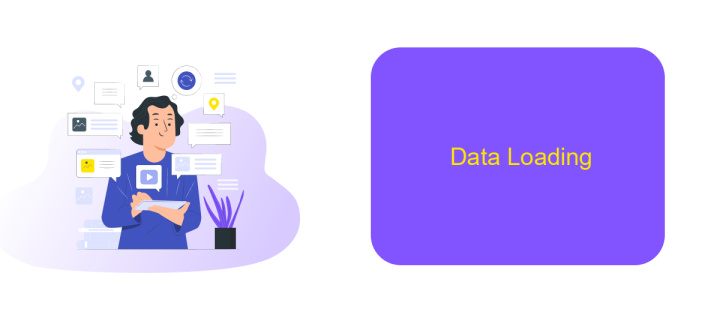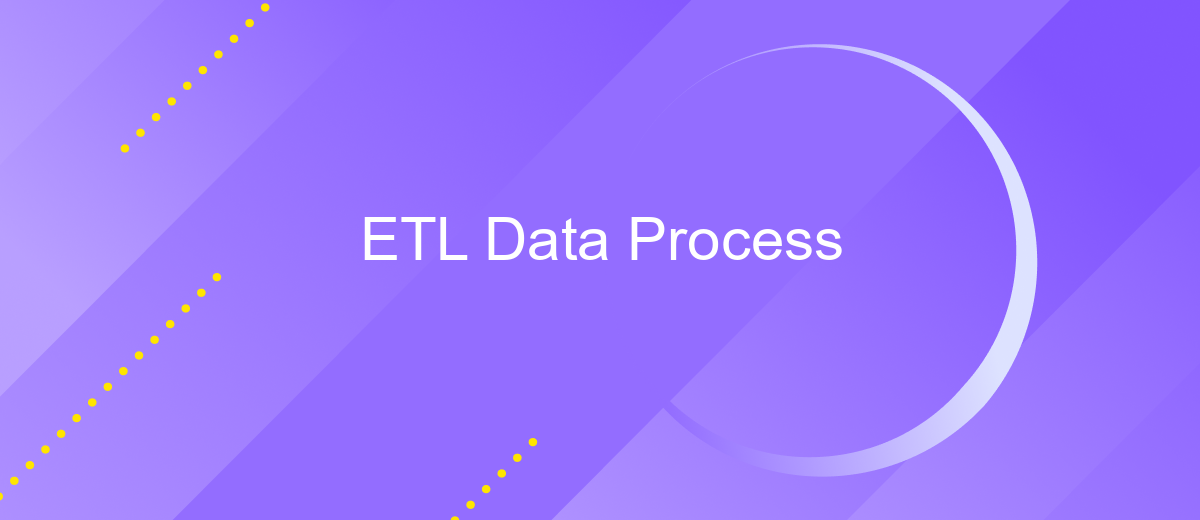ETL Data Process
The ETL (Extract, Transform, Load) data process is a fundamental concept in data management and analytics. It involves extracting data from various sources, transforming it into a suitable format, and loading it into a target database or data warehouse. This process ensures that data is accurate, consistent, and ready for analysis, enabling businesses to make informed decisions based on reliable information.
ETL Process Overview
The ETL (Extract, Transform, Load) process is a crucial component of data integration and management. It involves extracting data from various sources, transforming it into a suitable format, and loading it into a target system. This process ensures that data is accurate, consistent, and ready for analysis.
- Extract: Data is collected from multiple sources, such as databases, APIs, and flat files.
- Transform: The extracted data is cleansed, normalized, and formatted to meet the requirements of the target system.
- Load: The transformed data is loaded into a data warehouse, data lake, or another target system for storage and analysis.
Using integration services like ApiX-Drive can streamline the ETL process by automating data extraction and transformation from various sources. ApiX-Drive allows seamless integration with numerous applications and databases, reducing manual effort and ensuring data consistency. By leveraging such tools, organizations can enhance their data management capabilities and focus on deriving valuable insights from their data.
Data Extraction

Data extraction is the initial phase of the ETL (Extract, Transform, Load) process, where raw data is collected from various sources. These sources can be databases, cloud services, APIs, or even flat files. The primary goal is to gather accurate and relevant data, ensuring it is ready for the subsequent transformation and loading stages. Effective data extraction requires robust methods to handle different data formats and structures, ensuring minimal data loss and maintaining data integrity.
One of the key challenges in data extraction is integrating diverse data sources. Tools like ApiX-Drive facilitate this process by offering seamless integration capabilities with numerous applications and services. ApiX-Drive allows users to set up automated data extraction workflows without needing extensive technical expertise. By leveraging such services, organizations can streamline their data extraction process, making it more efficient and reliable. This ensures that the data pipeline remains robust and scalable, catering to the growing data needs of modern enterprises.
Data Transformation

Data transformation is a critical step in the ETL process, where raw data is converted into a format suitable for analysis and reporting. This stage involves cleaning, aggregating, and enriching the data to ensure its quality and relevance. Effective transformation enhances the value of the data, making it more useful for decision-making processes.
- Data Cleaning: Removing inaccuracies, duplicates, and inconsistencies from the dataset.
- Data Aggregation: Summarizing data to provide a consolidated view, such as calculating totals or averages.
- Data Enrichment: Enhancing data by integrating additional information, which can be achieved through APIs and external data sources.
Using specialized tools like ApiX-Drive can significantly streamline the data transformation process. ApiX-Drive facilitates seamless integration between various data sources and applications, automating the data enrichment and aggregation tasks. This not only saves time but also ensures higher accuracy and consistency in the transformed data, ultimately leading to better business insights.
Data Loading

Data loading is the final step in the ETL (Extract, Transform, Load) process, where the transformed data is loaded into the target data warehouse or database. This step is crucial as it ensures that the processed data is available for analysis and reporting, enabling businesses to make informed decisions.
There are several methods to load data, including bulk loading, incremental loading, and real-time loading. The choice of method depends on the volume of data and the specific requirements of the business. Efficient data loading minimizes downtime and ensures data integrity.
- Bulk Loading: Suitable for large volumes of data, typically done during off-peak hours.
- Incremental Loading: Updates only the changed data, reducing load times and resource usage.
- Real-Time Loading: Continuously loads data, ideal for time-sensitive applications.
Tools like ApiX-Drive can facilitate the data loading process by automating integrations between various data sources and your target database. This not only streamlines the workflow but also reduces the risk of errors, ensuring that the data is accurately and efficiently loaded into the system.
- Automate the work of an online store or landing
- Empower through integration
- Don't spend money on programmers and integrators
- Save time by automating routine tasks
Data Governance and Data Quality
Effective data governance and data quality are critical components of a robust ETL data process. Data governance involves establishing policies, procedures, and standards to ensure data is managed and utilized effectively across the organization. It includes defining data ownership, establishing data stewardship roles, and implementing data management practices to maintain data integrity, security, and compliance. Ensuring high data quality involves regular data profiling, validation, and cleansing to eliminate inaccuracies, inconsistencies, and redundancies, thereby enhancing the reliability and usability of data for decision-making.
To streamline the integration and management of data from various sources, leveraging tools like ApiX-Drive can be highly beneficial. ApiX-Drive allows seamless integration of multiple data sources, automating data transfer and synchronization processes. This not only reduces manual efforts but also minimizes the risk of errors, ensuring that data is consistently accurate and up-to-date. By incorporating such tools, organizations can enhance their data governance frameworks and maintain superior data quality, ultimately driving more informed business decisions and operational efficiencies.
FAQ
What is ETL in data processing?
Why is ETL important?
What are the main challenges in ETL processes?
How can ETL processes be automated?
What should be considered when choosing an ETL tool?
Time is the most valuable resource for business today. Almost half of it is wasted on routine tasks. Your employees are constantly forced to perform monotonous tasks that are difficult to classify as important and specialized. You can leave everything as it is by hiring additional employees, or you can automate most of the business processes using the ApiX-Drive online connector to get rid of unnecessary time and money expenses once and for all. The choice is yours!


